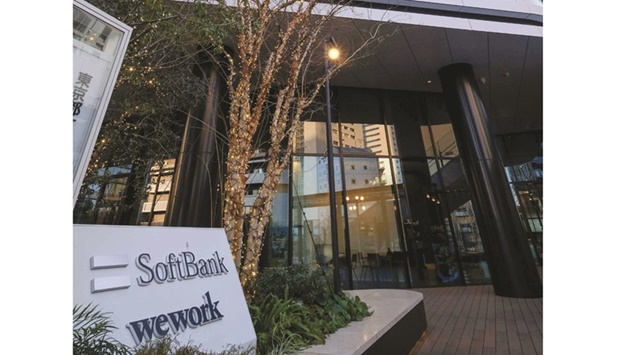SoftBank Group Corp founder Masayoshi Son said he plans an initial public offering in the US for Arm Ltd after Nvidia Corp bowed to regulatory opposition and gave up on its proposed acquisition of the British chip designer.
While the Japanese billionaire announced the deal’s termination as his conglomerate announced earnings for the quarter ended in December, he spent much of the 90-plus minute conference call with investors and analysts pitching the potential for Arm.
He began the presentation in Tokyo by reciting the company’s accomplishments and explaining how use of the company’s technology has gone beyond smartphones to automobiles and cloud computing. Arm is about to embark on its “golden age” where it’ll have its second growth spurt, he said. While an IPO now is SoftBank’s fallback, the company had considered a similar debut before Nvidia proposed its acquisition.
“This is a return to our original plan,” Son said. “We will aim for the biggest IPO ever in semiconductor history.”
Money is an issue. The Nvidia deal was valued at about $40bn when announced in 2020, but that valuation surged by tens of billions of dollars with the bidder’s stock price. SoftBank is likely to struggle in landing a similar valuation in an IPO. The Japanese company is aiming for an IPO in the fiscal year ending in March 2023. Arm President Rene Haas is taking over the chief executive officer role from Simon Segars, who resigned.
Son has been buffeted by a downturn in the technology market. The Japanese billionaire has invested aggressively in startups, only to see the value of public holdings such as Didi Global Inc and DoorDash Inc. tumble. SoftBank’s own shares have dropped 50% from their peak in March of last year.
Son admitted that a “blizzard” he described in November had not yet cleared up.
“The storm has not ended,” he said in the press conference. “In fact, the storm got stronger in the US and other countries.”
The net value of SoftBank’s assets - Son’s preferred measure of judging SoftBank’s performance - fell to $168bn at the end of December, down from $187bn three months earlier. That helped push its closely watched loan-to-value ratio to 22%, the highest it’s been since about 2018.
SoftBank’s Vision Fund did return to profitability for the quarter ended in December, earning ¥109bn ($940mn) in the three months ended December 31. That follows a record ¥825.1bn loss in the fiscal second quarter.
Son’s preoccupation with Arm was such that he brushed away questions about major issues of concern to investors. When asked about the departure of chief operating officer Marcelo Claure and the need for a succession plan, Son simply praised his former lieutenant and said he was feeling healthy enough to keep running the company. He pointed out that he broke 200 on a recent trip to the bowling lanes.
He also briefly addressed SoftBank’s high exposure to Chinese companies, starting with Alibaba Group Holding Ltd - the e-commerce leader at the heart of Beijing’s crackdown on the internet sector’s biggest players. He emphasised the proportion of these firms has been reduced significantly in recent quarters.
Nvidia proposed the acquisition of Arm in September 2020, aiming to take control of chip technology that’s used in everything from phones to factory equipment. But the transaction faced opposition from the start. Arm’s own customers scorned the idea, and regulators vowed to give it close scrutiny.
The purchase was dealt its most severe blow when the US Federal Trade Commission sued to block it in December, arguing that Nvidia would gain too much control over chip designs used by the world’s biggest technology companies.
The agreement also needed approval in the European Union and China, as well as the UK, where Arm is based - none of which appeared poised to clear the transaction.
Arm’s value has always been its neutrality, something that SoftBank, which doesn’t compete with any of the technology’s customers, was able to maintain. When Nvidia announced the deal, concerns grew that either its value would be destroyed by the change in ownership or opposition would scuttle its chances of getting sign-off from governments around the world.

The building where the SoftBank Group headquarters is located is seen in Tokyo. SoftBank founder Masayoshi Son said he plans an initial public offering in the US for Arm after Nvidia Corp bowed to regulatory opposition and gave up on its proposed acquisition of the British chip designer.
